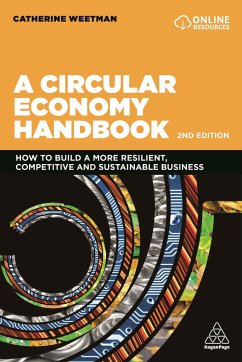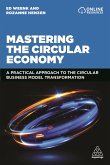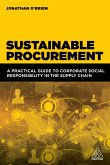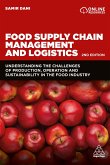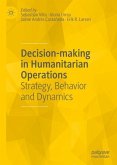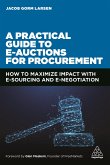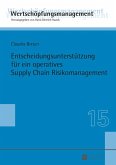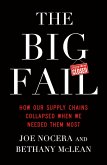WINNER: 2018 Les Plumes des Achats & Supply Chain - The Committee Special Prize The growing global consumption of resources highlights that our current approaches to production and business are fundamentally flawed and will rapidly become outdated and problematic. Engaged businesses are now increasingly re-thinking product design, material choices, business models and supply chains, and adopting the principles of the circular economy. Through decoupling resources from consumption, products and materials remain in use, waste is reduced and cost-savings are increased. A Circular Economy Handbook is the comprehensive guide to the circular economy and is designed to help the reader create future-fit, sustainable strategies moving forward. Now in its second edition, A Circular Economy Handbook provides a holistic framework for the design of supply chain and supporting business models and includes tools the reader can use to generate ideas. Using real examples across a range of market sectors, this is a must-read for businesses, students and policymakers to understand the theory and fast-developing practice of the circular economy.
"As the world adopts strategies to address the stress that the planet is under, more organizations are realizing that their knowledge and skills need updating and developing. A key aspect of this new sustainable approach is understanding where stuff comes from, how a business uses it and what happens to stuff after its first life. This is where the circular economy comes in and this book provides a range of knowledge inputs, across a number of key sectors and uses business examples which allow any organization to develop new pathways forwards." Dr. David Peck, Associate Professor, Circular Built Environment and Critical Materials, Delft University of Technology (TU Delft), The Netherlands

